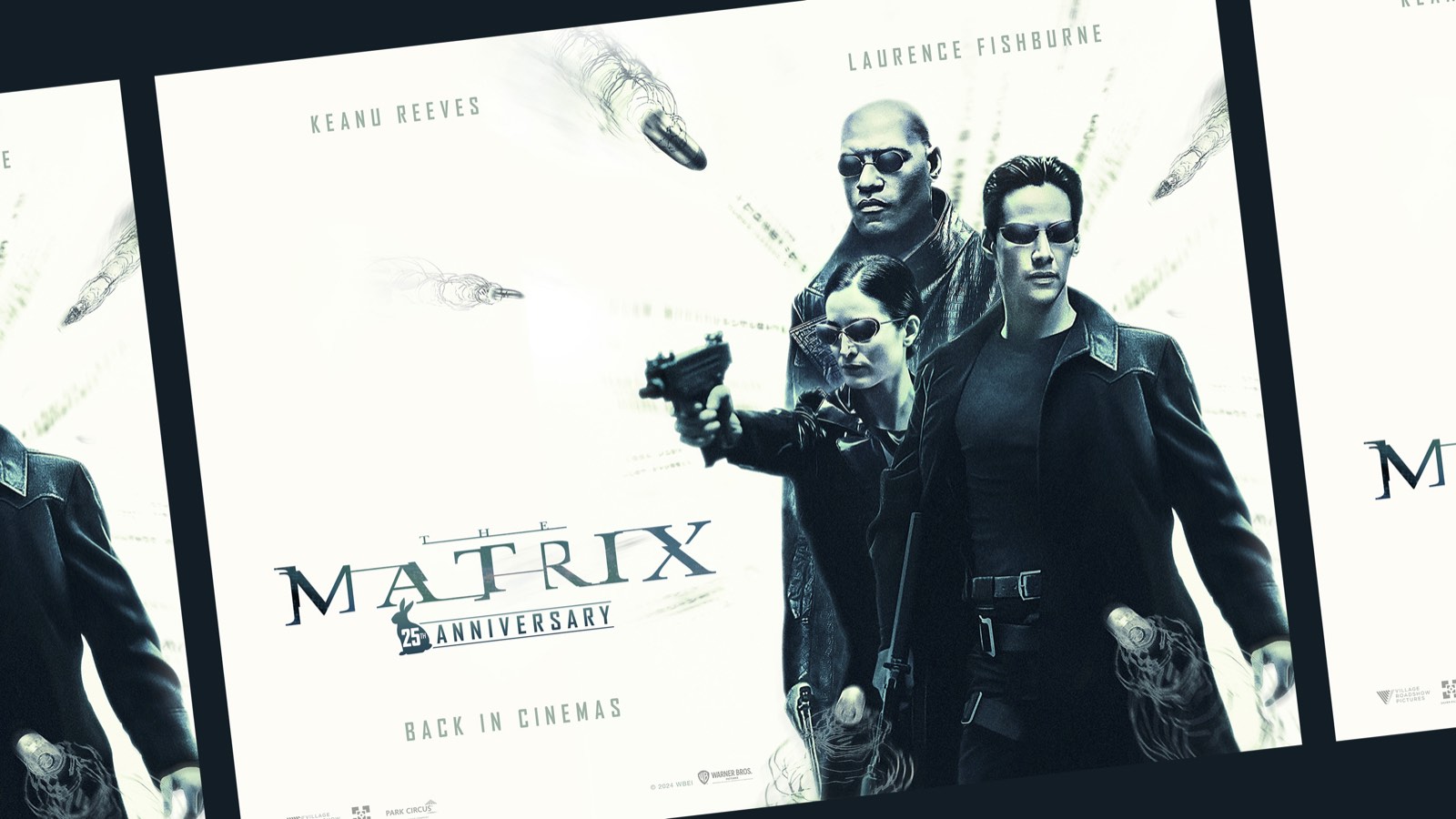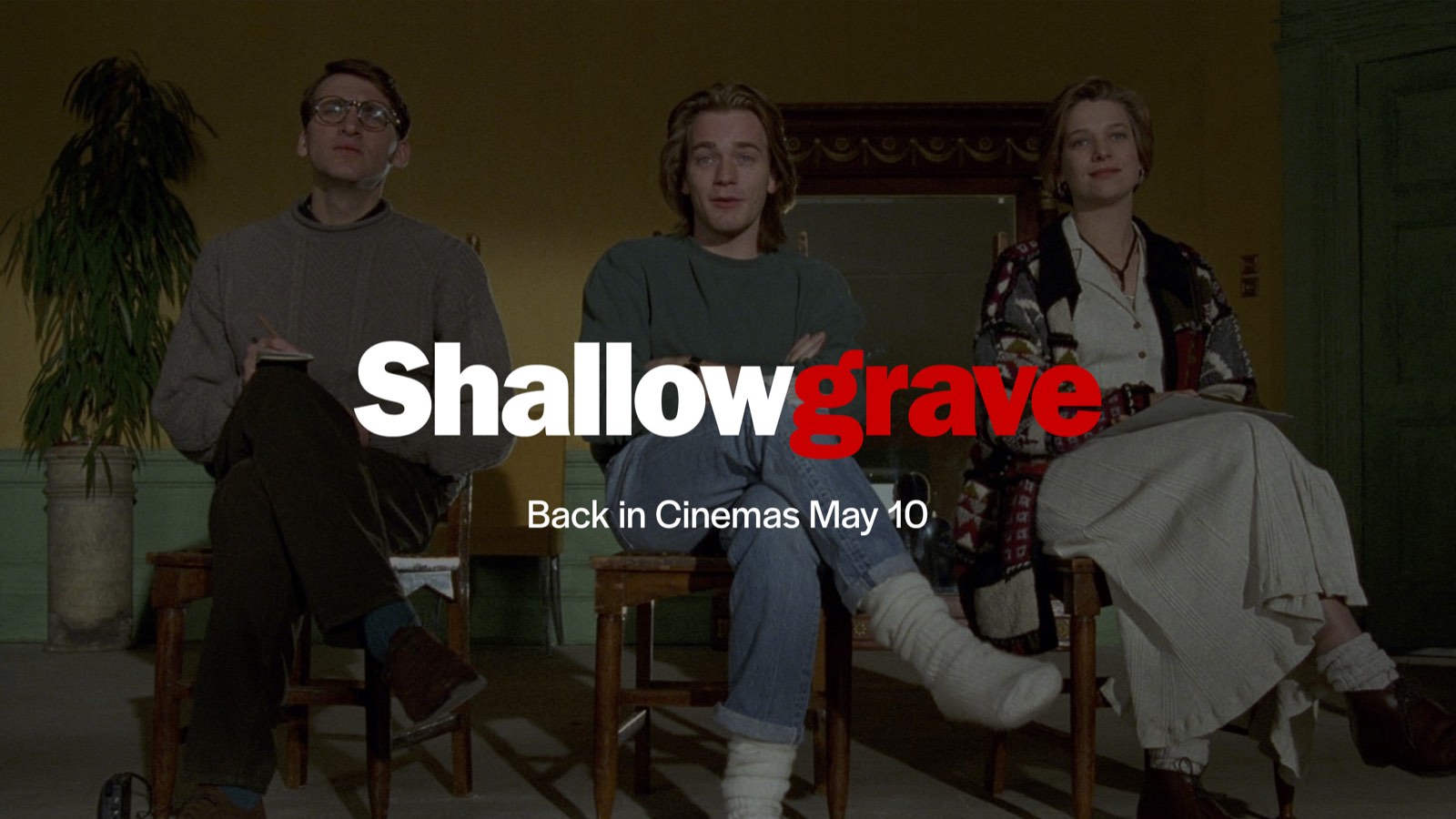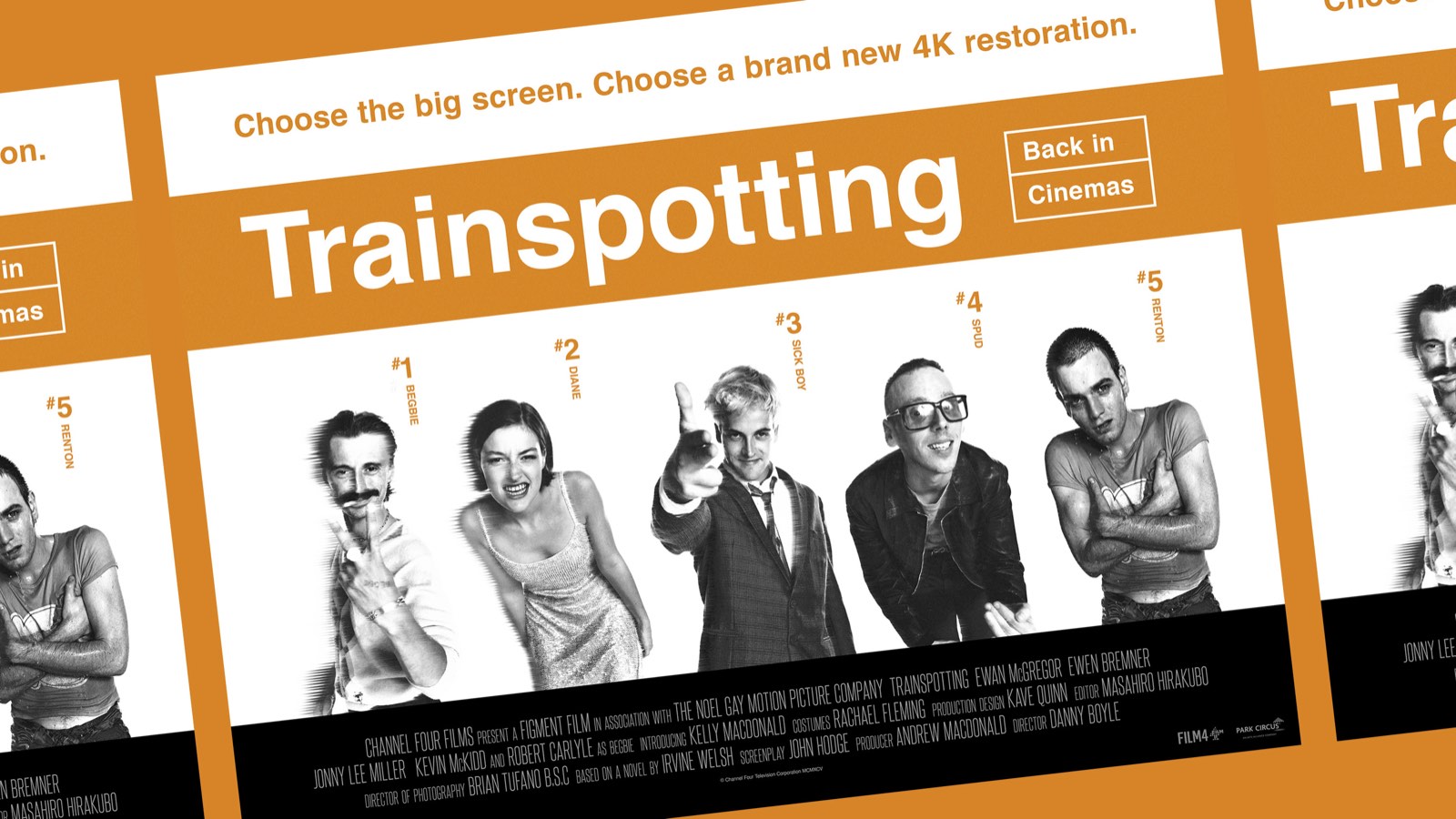
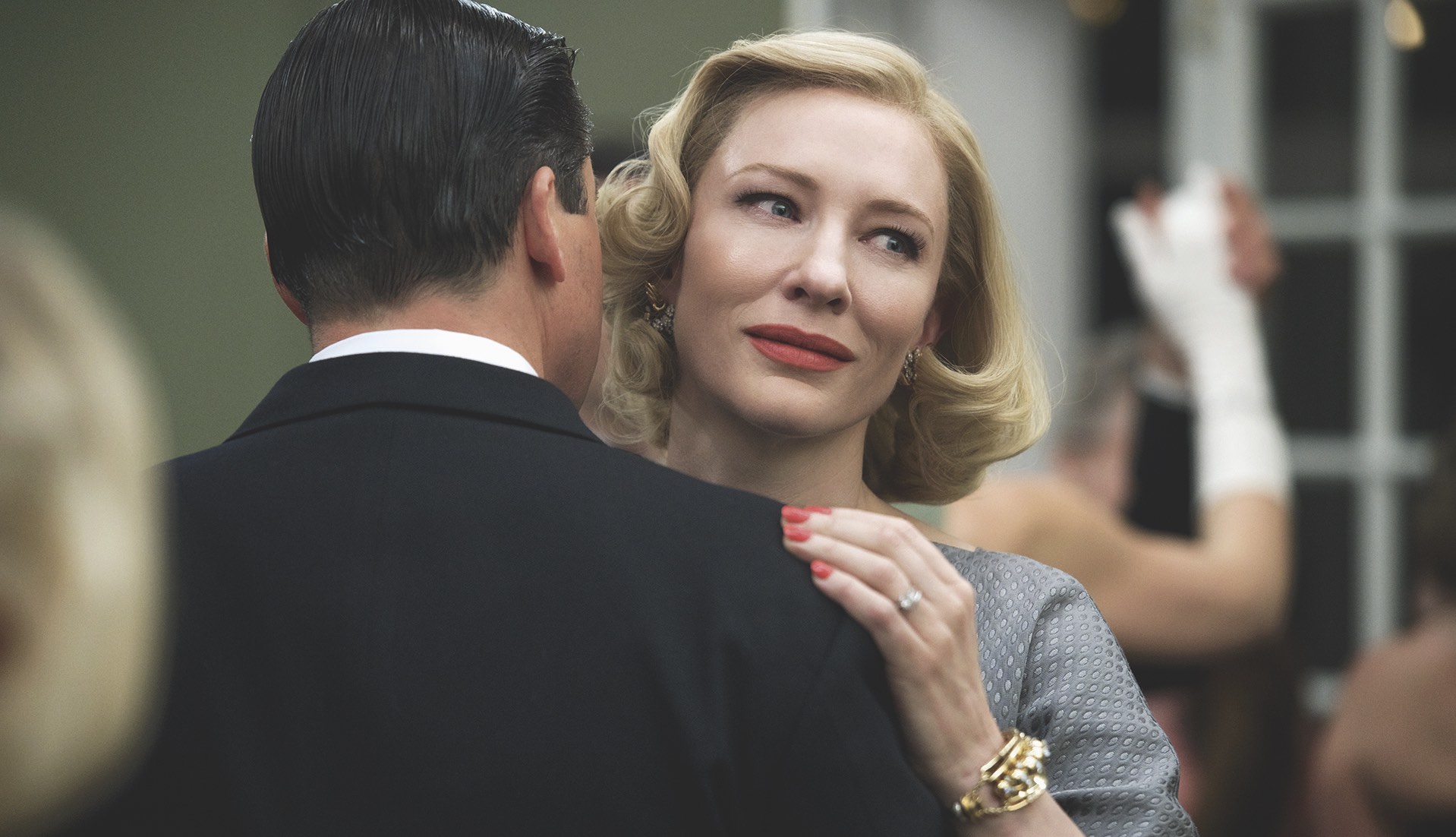
The collective experience of audiences in a cinema watching great films is at the heart of what Park Circus is about. We love films, shared stories, and escapism, and we like to ask some of our friends from across the film industry to recommend some of their favourite films for audiences to enjoy on the big screen.
This month, our Guest Pick marks 101 years of legendary American writer Patricia Highsmith, and cinema's long-lasting love affair with her work. Ahead of the latest Highsmith adaptation, Deep Water, coming to screens this year, we're celebrating the doyenne of suspense fiction's relationship with cinema. As such, we asked Wieland Schwanebeck to give us his picks of the film adaptations of Highsmith's work that audiences have enjoyed on the big and small screen.
Wieland is a researcher in English and American literature and culture at TU Dresden in Germany, with fields of interest include impostor characters, comedy, and adaptation. His publications include "Literary Twinship from Shakespeare to the Age of Cloning" (2020), and "The Reclam Introduction to James Bond" (2021). His stage comedy Slapstick, about an encounter between Charlie Chaplin and Orson Welles, premiered at the Gerhart-Hauptmann-Theater in Germany in 2021.
When critics rank the best Highsmith adaptations, the most prestigious and well-known ones tend to dominate. I have no beef with that. Alfred Hitchcock’s Strangers on a Train (1951) is one of his most fascinating and morally ambiguous films. Anthony Minghella’s The Talented Mr. Ripley (1999) is endlessly rewarding and features one of my favourite screen performances of all time (sure, Matt Damon is great in it, but from the moment Philip Seymour Hoffman crashes into the scenery, you simply cannot take your eyes off him). Carol (2015), adapted by Phyllis Nagy and directed by Todd Haynes, is essential viewing for all, not just for Highsmith lovers.
So please take this list not as a ‘correction’ but more as an addition, that is: as an invitation to track down and check out a few other Highsmith adaptations you might not yet know. All of them (and many more) are discussed in more detail in a book I co-edited with Douglas McFarland a few years ago, "Patricia Highsmith on Screen" (Palgrave Macmillan, 2018).
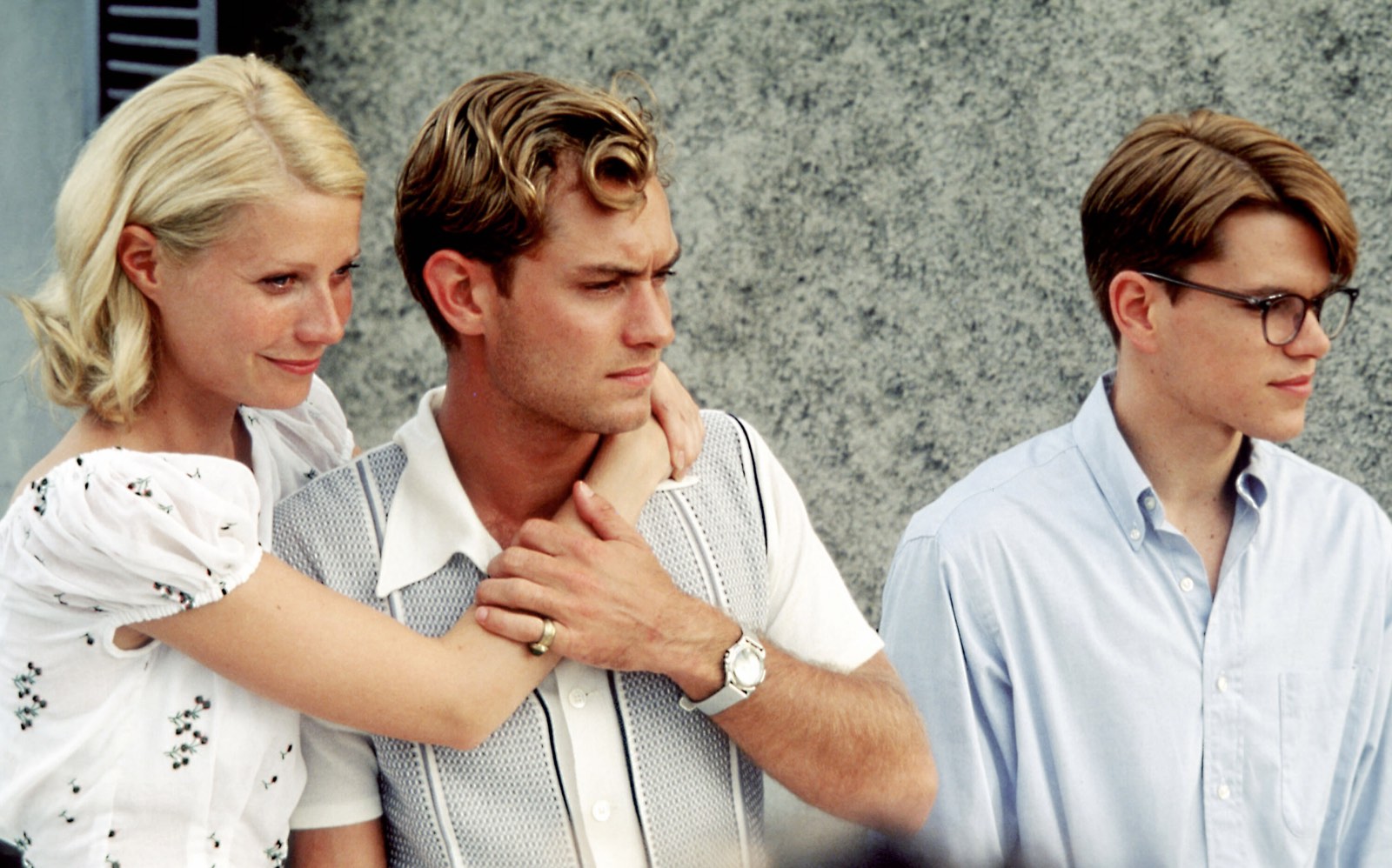
The Talented Mr. Ripley (1999) - Image courtesy of Paramount
Les Biches (Dir. Claude Chabrol, 1968)
You won’t find this one in any list of official Highsmith adaptations, but it absolutely counts as far as I’m concerned. Having adapted the first Ripley novel into Plein Soleil (Purple Noon) for director René Clément, screenwriter Paul Gégauff later did another take on the same material for Claude Chabrol with this enigmatic psychological thriller, though Highsmith receives no credit whatsoever.
Les Biches replaces the Tom/Dickie pairing of the literary source with two women: the young painter Why (Jacqueline Sassard) falls under the spell of Stéphane Audran’s rich socialite, Frédérique. When Jean-Louis Trintignant is caught between the two women, seduction, mimicry, and power-games ensue. Very chilling and enigmatic, it has an insane amount of handsome people in it.
Once You Kiss a Stranger (dir. Robert Sparr, 1969)
If you like your Highsmith adaptations a bit on the trashier side, check out this 1969 re-do of Strangers on a Train. A low-budget gig helmed by a TV crew, this has the production value and some of the aesthetic choices of early Columbo episodes, but it remains ridiculously entertaining.
The credits curiously stress that it was “suggested by” (rather than based on) the Highsmith novel and like Les Biches, it switches the gender of the main protagonist. Though the film is a tad too much infatuated with the Hitchcock version for its own good, Carol Lynley’s Diana (in the Bruno role) is worth the price of admission alone. See it for her wonderfully mean-spirited entry (she harpoons a little girl’s beach ball) and for the climax, in which she tries to murder someone with a dune buggy, in a completely bonkers take on the crop-duster scene from North by Northwest (1959).
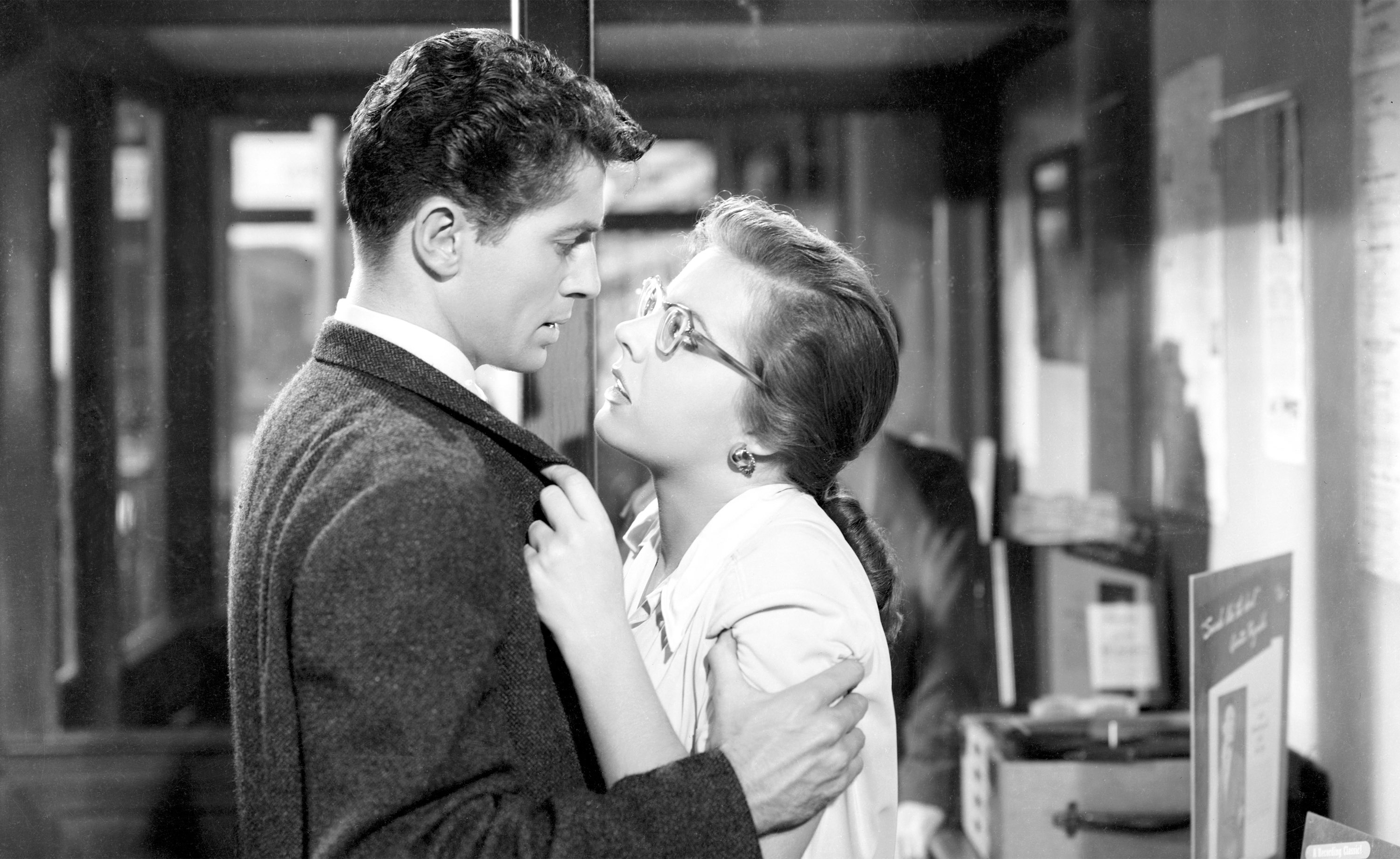
Strangers on a Train (1951) - Image courtesy of Warner Bros.
A Gift for Murder (Dir. Jack Bond, 1982)
Technically this is no feature but an episode of ITV’s South Bank Show, a programme hosted by Melvyn Bragg. It’s essentially a portrait and interview of Patricia Highsmith, intercut with a few scenes based on the second (and most farcical) Ripley novel, "Ripley Under Ground" (1970). A Gift for Murder cleverly juxtaposes Highsmith’s elusive creator figure with her most famous creation; the two of them check into the same hotel and ride the elevator together.
In the end, you’re not sure whether Highsmith cameos in Ripley’s world or he in hers. It sounds horribly postmodern, but it’s a fascinating and very amusing experiment that never overstays its welcome. Jonathan Kent - playing Ripley here - went on to become one of Britain’s leading theatre and opera directors.
(I realise this recommendation may be a frustrating one, since A Gift for Murder is very hard to track down and has never officially been released on DVD)
Ripley’s Game (Dir. Liliana Cavani, 2003)
Though there is a sense of existential dread running through a lot of Highsmith’s books, it’s worth remembering just what a terrific sense of humour she had. For instace, her recently published diaries reveal that Highsmith somewhat came up with the concept for the Home Alone franchise back in the 1970s, when she compiled a list of death traps that any child could improvise at home.
Some of that dark humour permeates Liliana Cavani’s wonderfully unhinged adaptation of the third Ripley novel, which unfortunately never got the same exposure as Wim Wenders' version,The American Friend (1977). John Malkovich’s Ripley is a charming monster in the Hannibal Lecter vein; when he proclaims very matter-of-factly that he’ll “kill everyone on this train” should his expensive watch be damaged, you’re inclined to believe him.

The Two Faces of January (2014) - Image courtesy of STUDIOCANAL
The Two Faces of January (Dir. Hossein Amini, 2014)
For his first feature film as a director, Hossein Amini (screenwriter of Drive) picked one of the most elusive Highsmith novels. It has all of her iconic themes (con men, unspoken desires, old European culture, the fatal interdependence of two men) but is incredibly hard to pull off as a film, given how much remains unspoken. The adaptation still works like a charm and is full of terrific suspense and great plot twists.
The two male leads (Viggo Mortensen and Oscar Isaac) are excellent, but it’s Kirsten Dunst who steals the show as Colette. One of the smartest and most versatile actors working today, she was born to be in a Highsmith adaptation, and it’s always great to see her in something that’s worthy of her talents.


